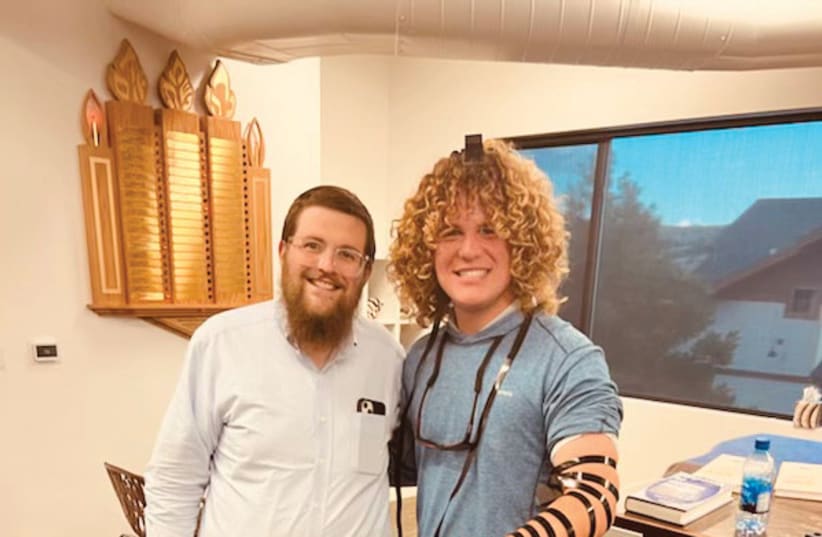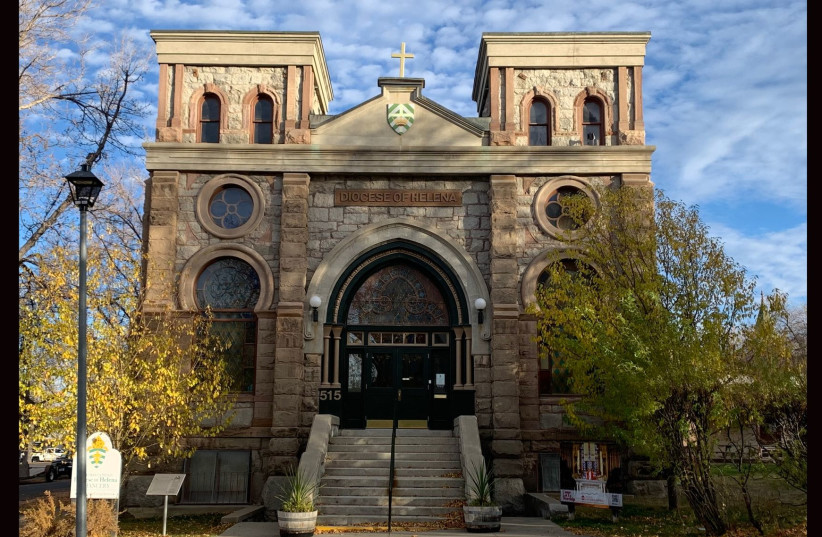Travel is essential in my line of work. Whether officiating at special events for my community members around the country or attending weddings and Bar-Mitzvahs of my family, I see airports more often than I’d like. After years of Silver, Gold, and Platinum Medallion status with Delta, my cherished airline, finally, in 2019, I reached Diamond. I try to book my trips exclusively with Delta and talk about my adoration for their staff and service all the time. They have helped me through many challenging travel fiascos and it’s always done in a way that makes me, the customer, feel wanted and appreciated.
Traveling these days is no picnic and flying Delta doesn’t guarantee it will all be hunky-dory but it’s the value they place on me as a customer that speaks loudest to me and ensures that I will almost always value them. It’s reciprocal. In the words of Ed Bastian, the fearless CEO of Delta “It’s people over profits. We strongly believe that if we take good care of our people, including our customers, they will take care of the bottom line for us. We needed to lean on people’s loyalty.”
I think about their business model often because I was trained to learn ideas and processes from everyone that’s good at it. So, allow me to share how I take the Delta model and apply it to my work, with an important tweak.
Flying with Delta
Hate it or love it, religion still seems hard to ignore. Yet, talking about religion and giving it airtime and attention doesn’t solve the real challenge that multitudes of humanity’s eight billion people are moving away from organized religion and seeking spirituality outside the walls of their childhood sanctuaries.
They may or may not publicly express their negative feelings about their former faith communities but they are certainly voting with their feet and abstaining from membership at houses of worship and from tithing their hard-earned income to religious organizations of any kind.
Within the Jewish community, there’s lots of talk, perhaps with a kvetchy tone, emanating from congregational and organizational leaders about the loss of membership and the struggle to engage the Jewish youth of the 21st century. They are striving to keep their synagogues and JCC’s relevant, often using un-Jewish ideas to do so, yet, they are struggling to get the natural membership base to sign up and be part of the Shul that would seemingly fit them best. They are genuinely perplexed.
With the world in a constant state of financial uncertainty, I keep asking myself: what is the key that unlocks the secret of Chabad’s growth? Yes, we work extremely hard, and we certainly have our own set of financial hurdles to overcome, but is that the secret key to our success? Is hustling enough?
Jews in Montana
During the winter of 2007, one year to the day after our wedding, Chavie and I moved to Bozeman, Montana to open the state’s first Chabad Lubavitch Center for Jewish Life and Learning. In the 16 years that followed we have seen growth in every quantifiable measure. Sure, we’ve been through our fair share of ups and downs, but the number of participants has gone up every year in all age brackets, the pool of donor partners has grown 2,000% since our inception and most importantly, our programming serving Montana Jewry and the broader Montana community has expanded unimaginably.
What started with a handful of Jews gathered in our modest living room, has now expanded to an average of fifty Jews on a typical Shabbos, an appealing warm Bozeman Center and three additional satellite centers in Missoula, Kalispell and Billings directed by young couples devoted to the Rebbe’s mission and with whom I work hand-in-hand for the furtherance of Jewish life.
IT’S TRUE that Chabad is attractive because we offer undiluted traditional Judaism that nourishes the soul but in my humble opinion, that’s not enough to explain the growth. It’s true that Chabad is attractive because we treat every human being with love, living the biblical mandate “Love thy neighbor as thyself” literally and internalize the teaching of Rabbi Akiva that “this is the entire Torah and the rest is commentary”, but that too doesn’t do justice in explaining the enthusiasm in which Jews from all walks of life, and many gentiles, choose Chabad for spirituality.
So, what is the actual secret? I believe that the attractiveness of Chabad is the value that we attribute to everyone which is the preamble for the loving friendship that follows. When a Jew in Havre or Bozeman, knows that we value their uniqueness, their innate goodness, their spiritual journey, we value them for being themselves, for their soul, then they respond by coming to shul, celebrating Purim in costume, learning Torah at our many classes, and joining our delectable Shabbos dinners that Chavie prepares each week.
Delta got it right, always placing the people first, but here’s where Chabad and Delta part ways. At Chabad, we don’t demand anything in return: zero, nada. We don’t value people with the expectation that they value us in return, we value them unconditionally and if something is reciprocated later that’s a bonus.
We recognize that people don’t need to choose our shul for services, people may not even think that they need a shul altogether and they may not want religion in their lives but they will still come and celebrate, reengaging with their faith and people because they enjoy being in the presence of people who value them and appreciate them as is.
When they discover a religious couple, dressed a bit conservatively but who believe in the soulfulness of every Jew, they want to come to pray, learn more Torah, celebrate their inherit Judaism and fly on our airline because every human being wants to be valued.
It’s why Chabad thrived through the pandemic, even during mandatory lockdowns. We believe in our customers, the Jewish people, and value them, so we found creative ways, while following the local health guidelines, to keep servicing them safely through the toughest period since World War II. My mentor, the late Rabbi Menachem Schneerson, The Rebbe, would stand each Sunday for hours, even well into his ninth decade, giving out dollars to encourage charity and kindness.
Once, an elderly woman could not contain herself and burst out: “Rebbe, how do you do it? How is it that you do not tire?” The Rebbe smiled and replied: “Every soul is a diamond. Can one grow tired of counting diamonds?” That’s the real story of Chabad’s growth and success: no Jew is just another annoying customer, they are valuable members of our Jewish tribe and we will be there for them through thick and thin with no strings attached.
At Chabad, we don’t build sanctuaries seeking to fill it with people, we focus on people seeking to help them realize that they would enjoy praying in a sanctuary. Once the religious world recognizes this truth, they too will see growth, vibrancy and relevance.
The writer, a rabbi, is the co-CEO and spiritual leader of Chabad Lubavitch of Montana. @MontanaJew

